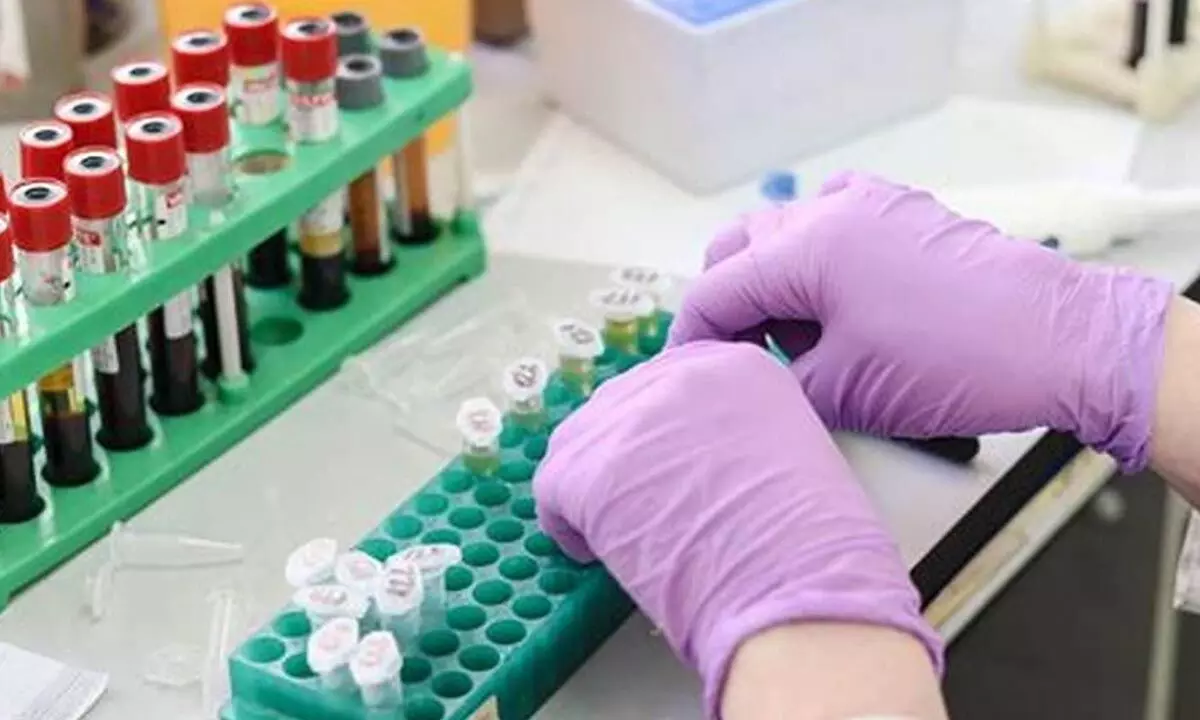Researchers identify unique biomarker patterns in blood

Researchers identify unique biomarker patterns in blood
Using powerful sequencing technology, researchers have identified specific biomarker patterns in the blood that are unique to severe Covid-19 infection, as well as others unique to Multisystem Inflammatory Syndrome in Children (MIS-C), a severe complication of Covid infection in children.
New Delhi: Using powerful sequencing technology, researchers have identified specific biomarker patterns in the blood that are unique to severe Covid-19 infection, as well as others unique to Multisystem Inflammatory Syndrome in Children (MIS-C), a severe complication of Covid infection in children.
These findings pave the way for development of potential diagnostic tests in the future, according to a multi-centre study published in Cell Reports Medicine.
The study includes 416 blood samples from 237 patients at Children's National Hospital, University of California at San Francisco and Emory University/Children's Healthcare of Atlanta.
"Our overall goal is to develop tests that can accurately predict if a child with Covid is likely to develop severe disease, and also accurately distinguish children with MIS-C from children with other causes of fever," said co-author Roberta DeBiasi, principal investigator of the study site at Children's National and chief of the Division of Pediatric Infectious Diseases there. "These two groups of children can decompensate quickly and require rapid diagnosis and more aggressive treatments right from the beginning," DeBiasi added.
In the study, the team used a combination of both whole blood RNA (wbRNA) sequencing, as well as cell-free RNA (cfRNA) and cell-free DNA (cfDNA) sequencing of plasma samples to identify key biosignatures.
wbRNA analyses revealed that although multiple inflammatory pathways were activated in both severe Covid-19 and MIS-C, there were specific patterns that were unique to each disease and distinguished them from mild Covid and other control conditions. "This finding can be useful in understanding the pathogenesis of the diseases and also in developing a diagnostic test," said Meghan Delaney, co-author and co-investigator of the study at Children's National.
In addition, cfRNA and cfDNA analysis from MIS-C patients demonstrated distinct signatures of cell injury and death, including endothelial cells, which are the lining of blood vessels, and a type of neuronal cells called Schwann cells, indicating increased levels of organ injury compared to samples from Covid-19 patients.

















